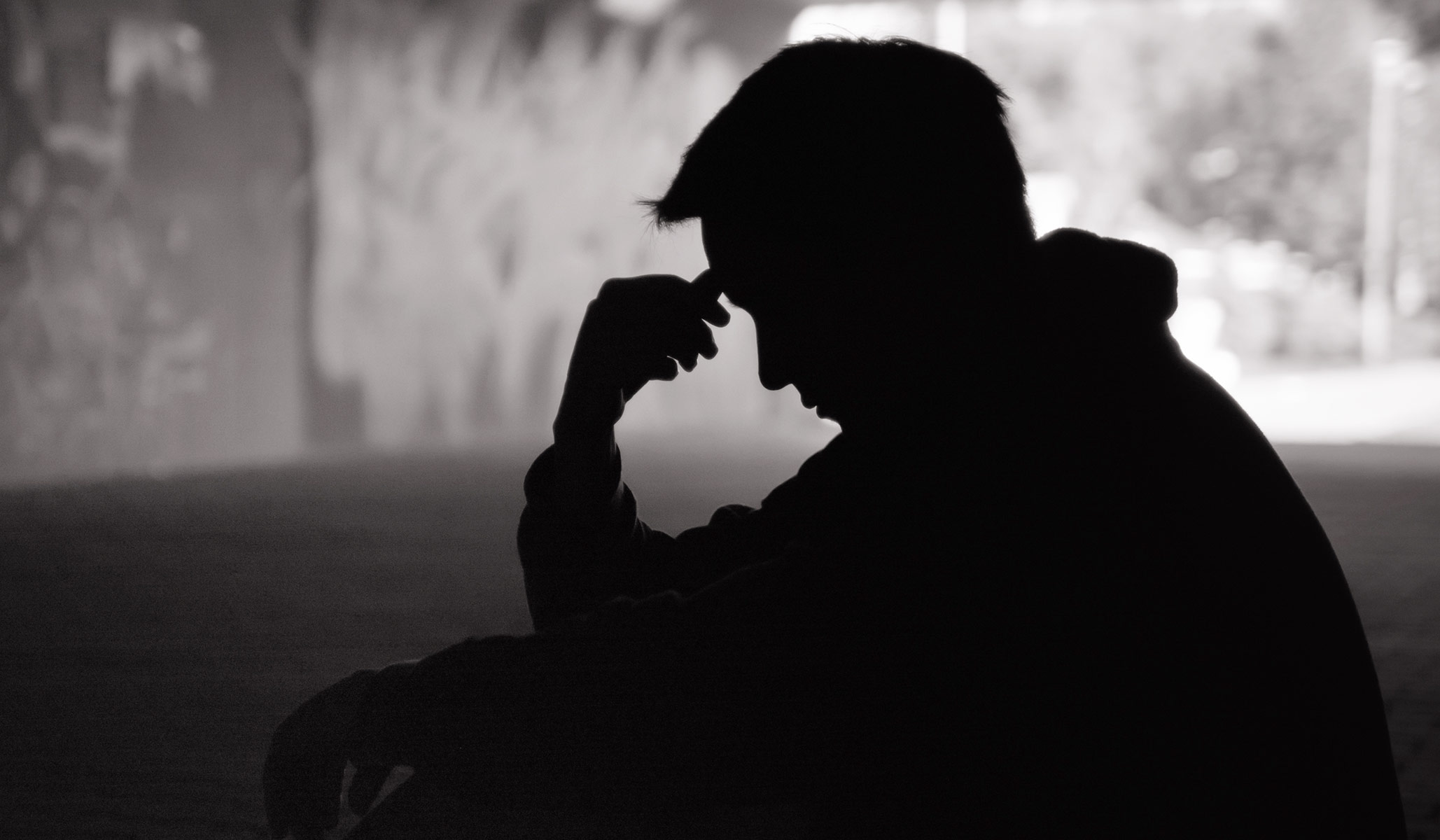It seems to be the case that young Americans are becoming more troubled. On our university campuses, suicides and attempts have been increasing. Are school officials doing a good job of handling this?
In today’s Martin Center article, UNC student Natalia Mayorga writes about the “mental health crisis” at Chapel Hill; in just the last two months, four students have taken their own lives.
“In response to the tragic events,” she writes, “UNC Chancellor Guskiewicz announced a Wellness Day for students on ‘Tuesday, Oct. 12, as a step in addressing mental health.’ October 12 was University Day and classes had already been canceled from 1:45-3:30 PM. He went on to say that they would be launching the ‘Heels Care Network, a campus-wide campaign to promote and support mental health awareness’ and UNC will be holding a ‘Mental Health Summit’ on November 15.”
That sounds very concerned, but perhaps he ought to have looked into the effectiveness of UNC’s existing mental-health efforts. Mayorga notes that the university’s suicide hotline help service is not very accommodating, particularly for those who need immediate help.
And it might be that the current obsession on campuses with group divisions is part of the problem. Mayorga points out that FIRE president Greg Lukianoff was once severely depressed and writes: “Lukianoff saw students doing the exact cognitive distortions that he had learned to stop doing when he was treated for depression. These distortions include the belief that ideas and words are either dangerous or safe—not good or bad or right or wrong. These cognitive distortions are often manifested in terms like ‘microaggressions’ and ‘triggers.’ Unfortunately, some universities are complicit in nurturing these distortions.”
